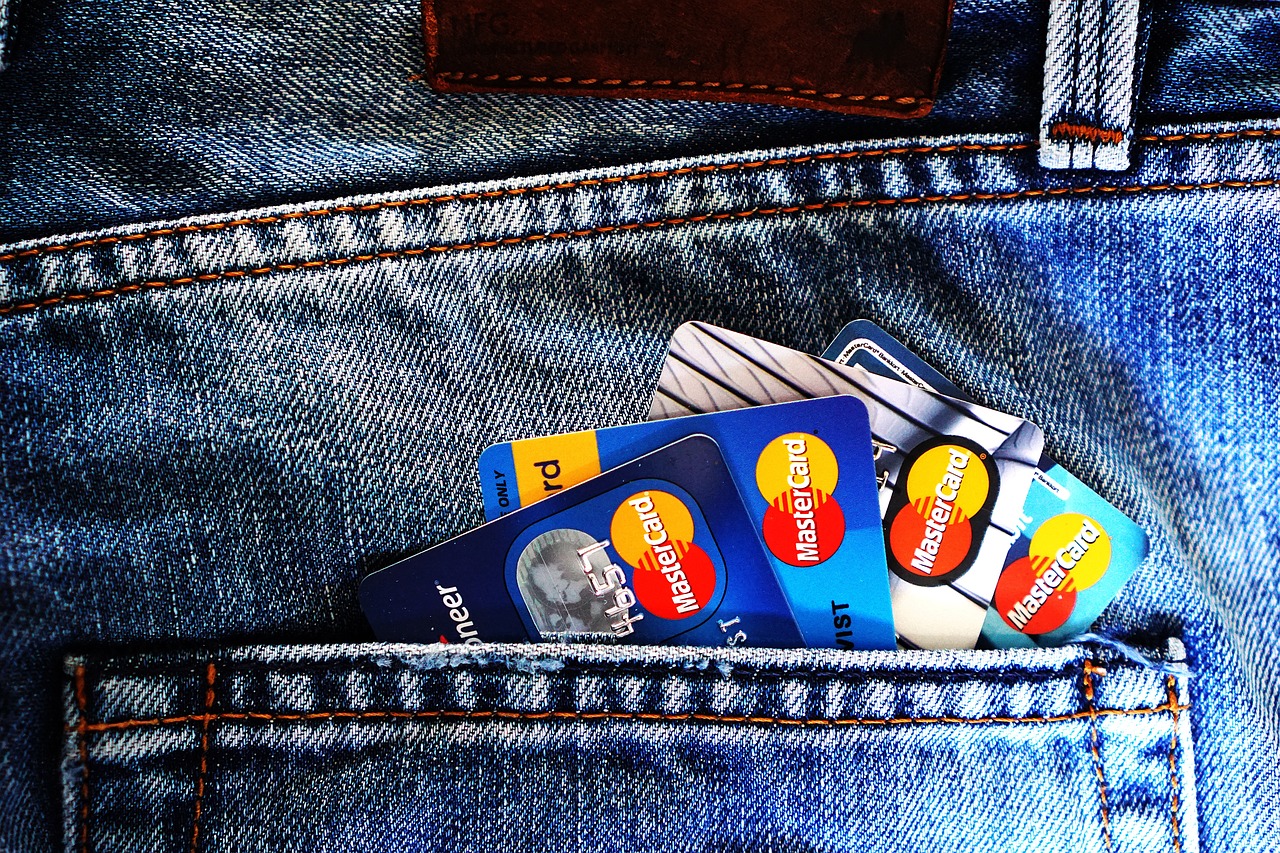Key Takeaways
- Obtaining a loan without identification is highly unlikely, as lenders require proof of identity to meet legal and regulatory standards.
- Alternative forms of identification, such as a passport, birth certificate, or taxpayer identification number (TIN), may be accepted by some lenders in place of a traditional driver’s license or state ID.
- While certain lenders may offer loans with minimal documentation, they still require some form of identity verification to mitigate fraud and ensure compliance with financial regulations
Need an online loan without an ID? Chances are that even if you don’t need an ID to apply—initially—In the next few steps, you will need to have a photo ID to finish your loan application and find out about final approval for your online loans. The good news is that you can use all kinds of IDs that you can use with a loan! Keep reading for more information on the required documents you need for most loan options.
Why Do You Need a Photo ID for Loan Options?
Before presenting you with a loan agreement, a lender will need to verify your identity. This is for a few significant reasons:
- To make sure that you are not stealing someone else’s identity. A photo ID can make it immediately clear whether you are the person you claim to be.
- To ensure that they are holding the right person responsible in the instance that loan payments are missed or the loan defaults—where the loan cannot be repaid. And they can only do that if the right person signs up with a contract with the loan company.
- To verify a person’s identity—you must be at least 18 years of age for a loan in the United States to get a loan on your own.
Different Photo IDs That Most Loan Lenders Accept?
When thinking about an ID or photo ID, your first thought may be a driver’s license. However, many people don’t have a valid driver’s license. The good news is that most lenders will accept other forms of photo identification!
Remember that these required photo IDs will need to be government-issued from your state or the federal government. And to be accepted, your ID cannot be expired. Here are some examples of acceptable Photo IDs when looking to apply for secured or unsecured loans:
- A Passport
- A-State ID Card
- Your Military ID
- A FOID Card
- A Permanent Residence Card (Green Cards)
Different Loan Types and Their Necessary Documents and Other Requirements
There are tons of loan types available, and depending on the loan, you may need different sets of documents. Keep in mind that most lenders will ask that you have a bank account (many times for direct deposit purposes). They will also ask for verifiable income fill out either an online loan application or an in-person application. They will ask permission to perform a soft or hard credit check. Below are some loan types and the documents most lenders will ask for.
Personal Loan
A personal loan is an unsecured loan option repaid in monthly installments. These loans are available for a good credit score or even a low credit score. Your interest rates, loan amount, loan terms, and repayment schedule will vary depending on the lender and the borrower’s credit history. Personal loans can be found through direct lenders like a traditional bank, credit union, and private lenders.
Payday Loan
A payday loan is an extremely short-term loan—it can be a few weeks. A payday loan will work well for those who have had credit difficulties in the past or have a low credit score. Payday loans may seem like a good option when you have a low credit score. However, these short-term loans come with a higher APR and higher fees than most loan options. And so, a payday loan should be avoided, if possible, as other loans offer fewer fees and lower interest rates.
Cash Advance Loans
Cash advance loans can be a couple of different financial products. You can find such a loan through most Direct lenders, or you can get them through credit cards. Although these cash loans may be a good option during an emergency, they can come with high interest and fees. If you already have a credit card, the good news is that you won’t have to worry about applying for funding. You can just go to an ATM and withdraw the cash.
Documents for Personal Loans, Payday Loans, and Cash Advance Loans
Here is what most lenders will ask for with personal loans, payday loans, and cash advance options:
- A state-issued photo ID
- A social security card
- Income verification— bank statements, pay stubs, invoices, letters of income.
- Proof of residence — mail, bank statements, etc.
- References
Title Loans
Car title loans, sometimes also called title loan or auto title loan, are a type of secured loan which use the borrower’s vehicle as collateral. A title loan makes it easy for bad credit borrowers to get a loan. However, even with the easy to get approved, like payday loans, title loan lenders charge higher fees. They have a higher annual percentage rate than most loan options. Title loans also pose the risk of losing your vehicle.
When applying for one of these loans, you may not always need a bank account; however, lenders will ask about:
- A state-issued photo ID
- A social security card
- Income verification
- Proof of residency
- The vehicles title and registration
- Several pictures of the vehicle
Pawn Shop Loans
Pawnshop loans use assets like jewelry, instruments, collectibles, etc., for collateral against a loan. With Pawn shop loans, you won’t need documents that prove income or even, in some cases, proof of residency. Most pawnshops will ask for just a State Issued ID.
How Do You Send in Documents Like an ID With Online Loans?
When applying for a loan in person, showing your documents and information is easy; you just bring them with you. However, when applying online, you may not have that option. Most online lenders will accept documents and information via email or text; less common nowadays is through fax. When researching and applying with online loan lenders, make sure to educate yourself on different loan scams, so you can protect yourself and your information before you send it over.
The Bottom Line with Online Loans Without an ID
When applying for a loan, you may not need an ID right away, but chances are you will need it at some point in the application process. The flexible thing about this requirement is you can use all kinds of IDs to fulfill it. Government-issued IDs include a driver’s license, military ID, state ID, passport, permanent residence card, or FOID card.
Nooreen brings over nine years of experience as a financial writer and editor, including six years in FinTech and three years at CreditNinja. Nooreen earned her BA in English Language and Literature. She is a member of the American Bankers Association® Frontline Compliance program, having completed over 24 ABA certification programs. Her professional skill set also includes certifications in email marketing and a certificate in UX writing and design.






